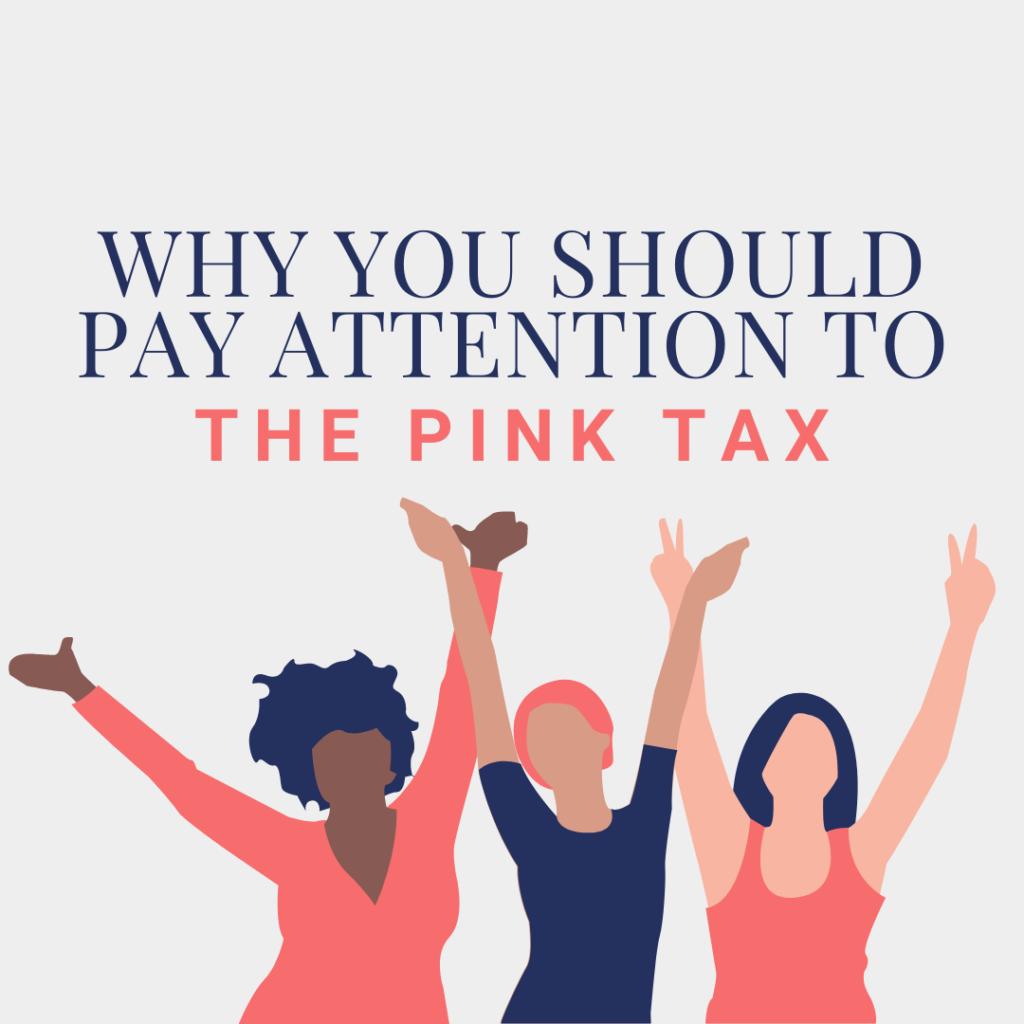Unlike traditional currencies, cryptocurrency isn’t issued by a central authority, like a government. Cryptocurrency uses cryptography, the practice of storing and transmitting data for secure communication. You’ve probably heard of bitcoin, the first and one of the more famous cryptos. But, it’s not the only one — there are thousands of different cryptocurrencies.
Is Cryptocurrency A Good Investment?
Investing in cryptocurrency is completely different from traditional investing. Cryptocurrency is volatile, like high school chemistry experiment gone wrong volatile.
Some financiers don’t even consider buying and selling cryptocurrency an investment, instead, they say it’s speculating. While cryptocurrency has made some people rich, it’s burned many more. So, is crypto a safe investment? Definitely not. Should it be a part of your portfolio? Maybe…
Should I Buy Crypto?
Trading crypto is high-risk and highly volatile. So, experts agree that it’s best to prioritize conventional savings. Before exploring cryptos, you should have an emergency fund, create a stable retirement plan, and pay off high-interest debt. Setting yourself up for financial success ensures you have something to fall back on.
Ultimately whether or not you should invest in crypto depends on what kind of investor you are. Do you like to take on risks and set trends? Or, do you prefer to play it safe? What are your financial goals? Where are you in your financial journey? Asking yourself these questions and more can help you determine if trading cryptocurrencies is the right financial move for you.
What is the Impact of Cryptocurrency?
As ethical investors, we’re always interested in the social returns of our investments. Using ESG, let’s look at how crypto stacks up.
Environmental
You might have seen headlines recently focused on the immense amount of energy used to power Bitcoin. (According to one study, Bitcoin consumes a whopping 32.56 TWh a year. This consumption itself translates to a country consumption equal to that of Denmark!) Or, maybe you heard about one of the many Bitcoin farms to catch fire… All of this could lead us to believe that cryptocurrency has an inherently negative impact on the environment.
However, based on the approximate energy consumption of banks and ATMs, traditional banking uses close to 140 TWh a year. Meaning, Bitcoin uses roughly a fourth of the energy that conventional banking requires. And, it’s possible more eco-friendly could become popular as cryptocurrency gains traction.
Social
Cryptocurrencies have reduced the cost of remittance corridors between richer and poorer countries, meaning migrant workers who send funds home to their families could face fewer fees and obstacles. Moreover, cryptocurrency provides anonymity, providing privacy to all users and giving security to those under oppressive regimes.
However, deregulation and anonymity have resulted in cryptocurrency being used to facilitate money laundering and finance criminal activity. Essentially, these core characteristics of crypto are neutral and can be used ethically and unethically.
Governance
As mentioned, deregulation is a key part of cryptocurrencies, which are not released by a central authority. For this reason, it’s difficult to assess the governance aspect of cryptocurrencies. In addition, each coin
Finally, traditional banks and news outlets (that stand to lose money with the rise of cryptocurrency) are ranking crypto as a net negative from an ESG standpoint. From our perspective, it’s too early to tell how cryptocurrencies will develop in terms of socially responsible investing. Most likely, some crypto coins will prioritize ESG and others won’t — just like traditional investment options.
As cryptocurrency and the blockchain technology it’s based on develops, we’ll see how it evolves. But, until then, here’s our final take on cryptocurrency: Don’t risk more than you can afford to lose.
And, as with any investment, it’s important to consider your values. Are you ready to start aligning your finances with your values? Reach out to our team today!




